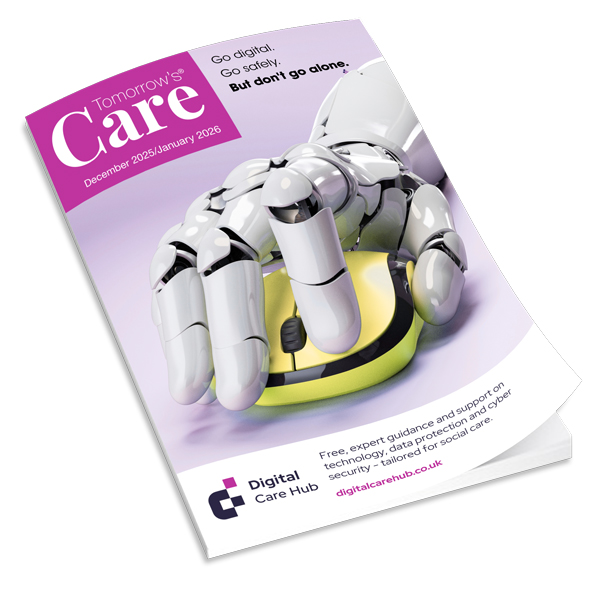You are here
- Home
- >
- Recruitment
- >
- New skills Randstad Care
Social care workers need new skills to thrive

Published on 07/04/2015
Non-vocational skills are now just as important as qualifications, experience and job-specific attributes, according to social care recruitment agency Randstad Care.
How employees interact with one another and their clients and factors such as an individual’s time management abilities, leadership attributes and capacity to influence and adapt to change are increasingly determining factors as to which job applicants are in demand.
Team work is an especially desirable attribute for social care employers, with 70% of job advertisements including it, against a UK average of 51%. Dedication, passion and communication all featured prominently too, and all outstripped the prominence witnessed in advertisements across all sectors.
Life skills were also seen as an important component for the ideal social care worker, referenced in almost a quarter of all job specifications; more than four times the job market norm. But while these so-called softer skills are perhaps expected of social care workers, it is the rise in prominence of harder skills to complement these attributes that has been the main paradigm shift.
Victoria Short, Managing Director of Randstad Care, said: “Hybrid skill sets including good time management are becoming increasingly important. As social care workers move up the career ladder, they will also need to incorporate skills they wouldn’t have necessarily expected to use in their chosen profession, such as financial management, to keep on top of budgets and adapting to change to stay in line with new regulations, requirements and internal policies and procedures.”
How employees interact with one another and their clients and factors such as an individual’s time management abilities, leadership attributes and capacity to influence and adapt to change are increasingly determining factors as to which job applicants are in demand.
Team work is an especially desirable attribute for social care employers, with 70% of job advertisements including it, against a UK average of 51%. Dedication, passion and communication all featured prominently too, and all outstripped the prominence witnessed in advertisements across all sectors.
Life skills were also seen as an important component for the ideal social care worker, referenced in almost a quarter of all job specifications; more than four times the job market norm. But while these so-called softer skills are perhaps expected of social care workers, it is the rise in prominence of harder skills to complement these attributes that has been the main paradigm shift.
Victoria Short, Managing Director of Randstad Care, said: “Hybrid skill sets including good time management are becoming increasingly important. As social care workers move up the career ladder, they will also need to incorporate skills they wouldn’t have necessarily expected to use in their chosen profession, such as financial management, to keep on top of budgets and adapting to change to stay in line with new regulations, requirements and internal policies and procedures.”
Related News
Categories
- CQC ratings
- Care home news
- Care jobs
- Care planning
- Care sector awards
- Care sector events
- Care sector news
- Care staff
- Charity
- Cleaning & Hygiene
- Construction
- Dementia
- Disability
- Entertainment
- Finance
- Fitness
- Food & Drink
- Fundraising
- Furniture
- Health & Safety
- Healthcare
- Hospice & Palliative Care
- Hospitals
- Industry Comment
- Interiors
- Laundry
- Legal
- Leisure
- Medication
- Mental Health
- Mobility
- New appointments
- PPE
- Products
- Property
- Recruitment
- Relationships
- Research
- Safeguarding
- Security
- Services
- Social care
- Sustainability
- Technology
- Training
- Transport
- Uniforms
- Waste
- Wearables




















